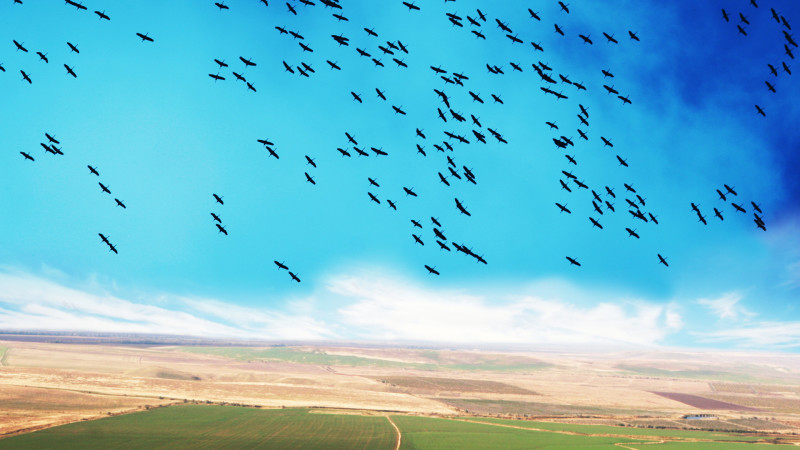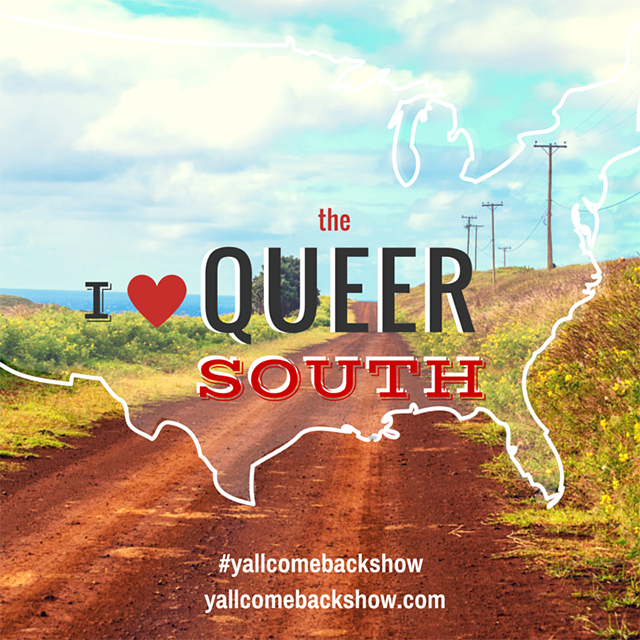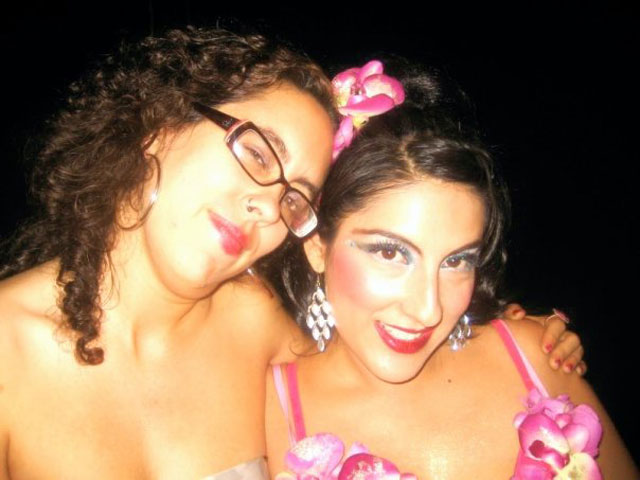Now in its 18th year, the National Queer Arts Festival (NQAF) takes over San Francisco every June with such an energetic schedule, there’s something to do every day of the month. The programming spans visual art exhibitions, film screenings and multidisciplinary performances. Produced by the Queer Cultural Center (QCC), this festival dedicated to presenting the work of culturally diverse queer artists is the largest of its kind in the country.
Pamela Peniston, QCC’s Artistic Director, shared “not to be missed” highlights from this year’s festival with KQED. “Our biggest change is our break into Oakland,” Peniston said in an interview, a decision spearheaded by QCC Community Engagement Coordinator Manish Vaidya.
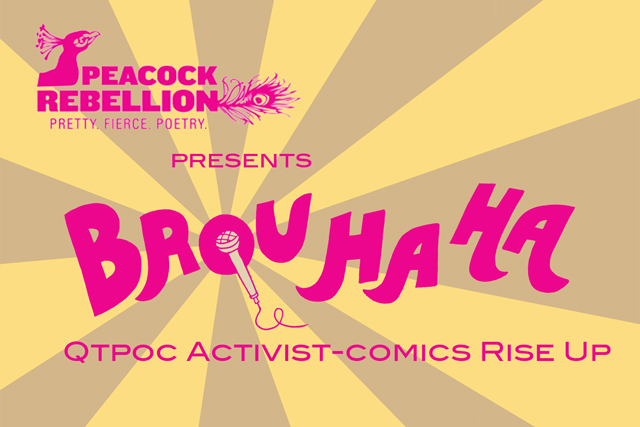
But the festival also marks several other firsts this year. Brouhaha: Trans Women of Color Comedy Storytelling is the first ever trans women of color comedy show. “We had a preview of the routines at April at SOMArt’s The News, and I can tell you, it’s going to be an outrageously spectacular event,” says Peniston. “We even received a note from Janet Mock commending us on our work.”
Brouhaha: Trans Women of Color Comedy Storytelling has two performances on Jun. 9, 2015 at the Oakland Asian Cultural Center. (Tickets for the 7pm show are sold out, but the 9pm show still has seats.)
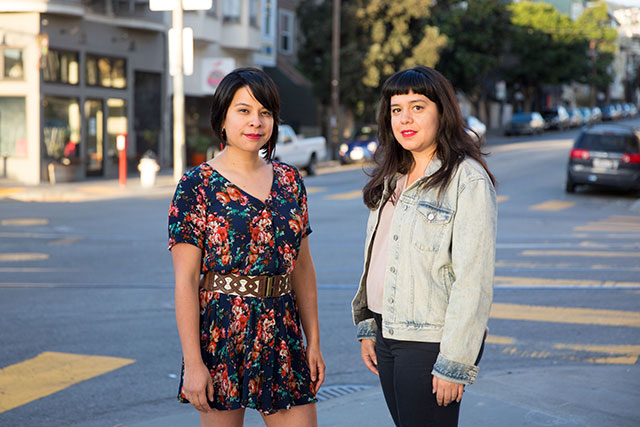
Another notable change this year is to the annual NQAF feature Still Here. In its third year, this program focuses on the experiences of the LBGT generation growing up during the 1980s and ’90s. “Previously, this program only featured readings by people who were coming out at the tail end of the AIDS epidemic. With the exception of the drag queen house systems, most of us who were adults during that time didn’t notice the younger generation coming up, since we were in crisis mode. QCC created the program to present what the AIDS epidemic looked like from the point of view of younger people,” says Peniston.
